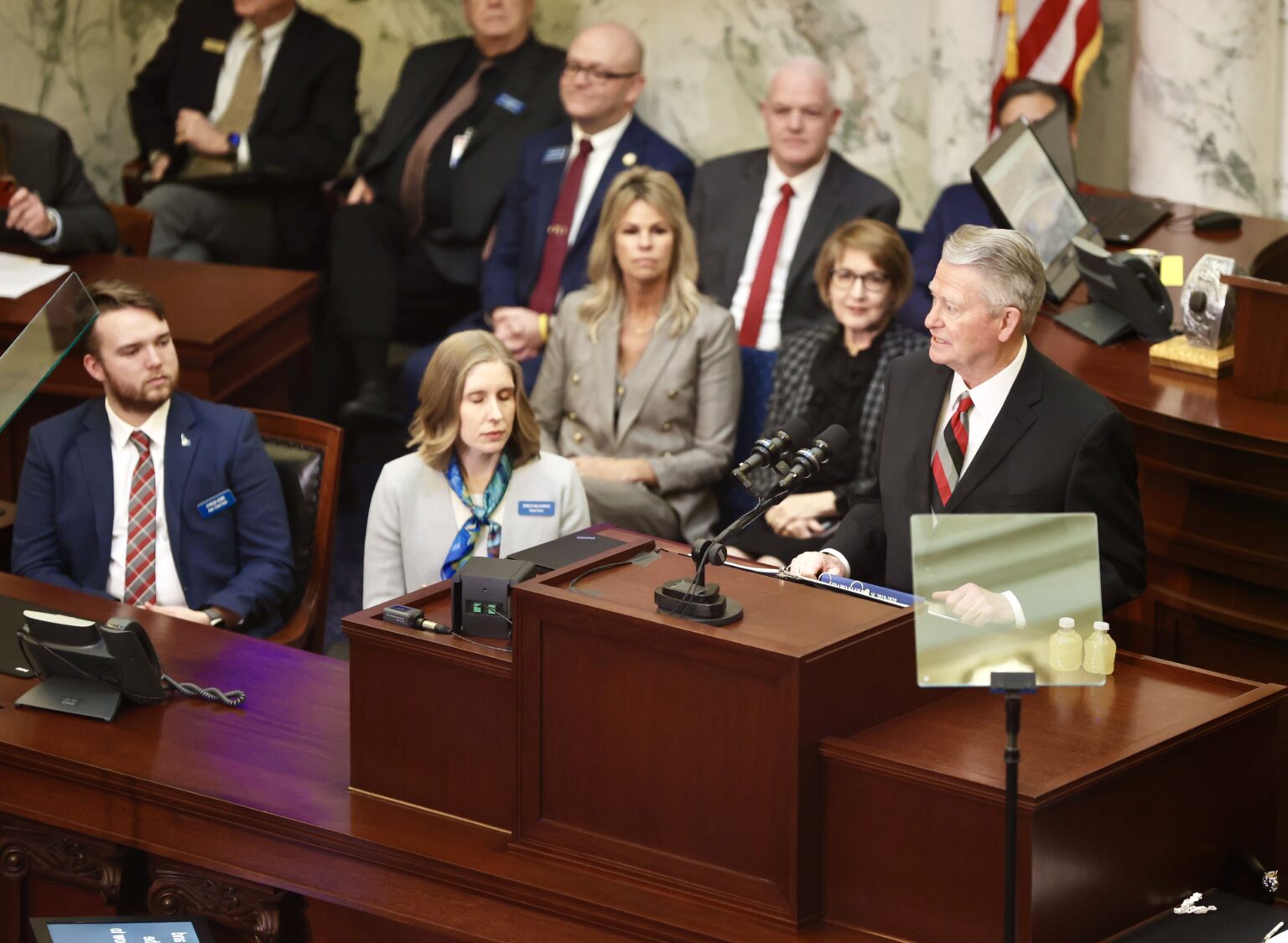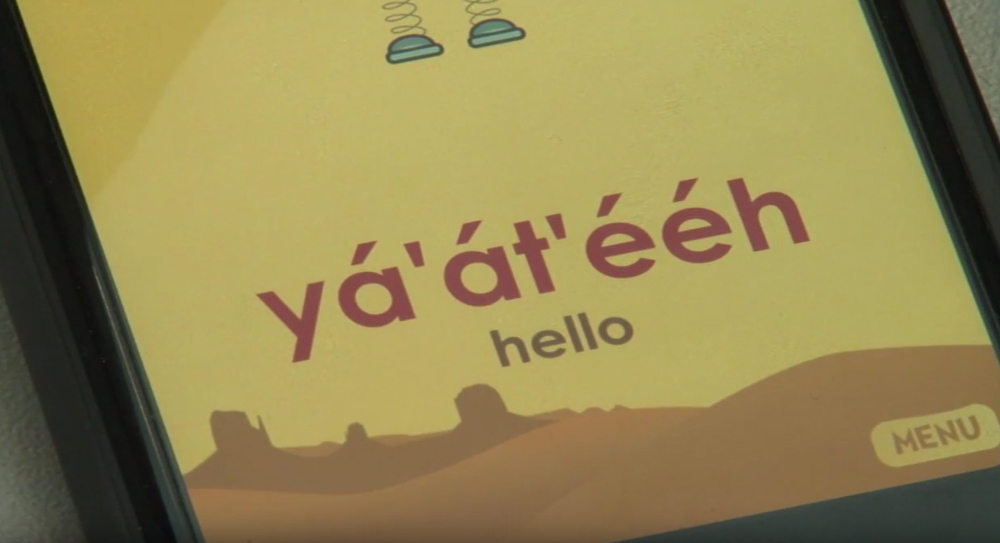On January 22, 2025, this item was first published on IdahoEdNews.org.
On Wednesday, the Idaho House and Senate unveiled two new legislation pertaining to private school choice.
A $50 million tax credit for private school expenses would be established by the House measure. The Senate plan would expand the state’s Empowering Parents program, which now has $20 million, to include tuition for private schools.
The legislature may approve both of the proposals, and some states have different systems for allocating public monies to private school.
However, the plans might vie for the same funding source and the backing of Governor Brad Little. Little said he would sign a $50 million private school choice measure as long as it is fair, responsible, transparent, and accountable at his State of the State address earlier this month.
House bill creates tax credit for private education expenses
The House bill that established a tax credit for homeschooling and private schooling costs overcame its first obstacle on Wednesday morning.
The plan from Senate Majority Leader Lori Den Hartog, a Republican from Meridian, and Representative Wendy Horman, a Republican from Idaho Falls, was introduced by the House Revenue and Taxation Committee in a party-line vote.
Under the plan, students attending non-public schools would be eligible to receive up to $5,000 in state funding for curriculum, tuition, tutoring, and other educational costs. Priority access to the money would be granted to families making 300% or less of the federal poverty level, which is $93,600 per year for a family of four. In their first year, they could also request a one-time advance payment. Special education students may be eligible for up to $7,500.
Horman told the committee, “I care about every child’s education, no exceptions, which is why I ran for elected office in the first place.” School choice programs give families new options without depriving other kids of their current chances.
An annual maximum of $50 million in tax credits would be placed on the scheme. The program’s administration, including application screening, would be handled by the Idaho State Tax Commission. Candidates would need to provide proof of their allowable costs.
Horman averted concerns regarding accountability during Wednesday’s introduction hearing, which are anticipated to come up during a later full public hearing. The measure limits the eligible expenses to educational institutions that teach social studies, math, science, and English language arts. However, it does not necessitate standardized testing or other student performance metrics that are mandated for public schools.
According to her, regulating government monopolies is not the same as regulating the free market.
Before raising concerns about the effectiveness of public school evaluation procedures, Horman stated that private schools already have their own responsible and accountable metrics and criteria. While 60% of pupils are reading at grade level, Idaho public school instructors routinely receive near-perfect proficiency ratings (98.4% from the previous school year), according to Horman.
Some may see it as an accountability metric, but it seems ineffectual and unfair to children if too many of them are illiterate.
The introduction of the bill was opposed only by Democrats. Horman’s description of public education as a government monopoly was criticized by Rep. Steve Berch, a Democrat from Boise.
Before being interrupted by the chairman of the committee, Berch began to explain that there is no government monopoly on education and that we have all the options. Rep. David Cannon, a Republican from Blackfoot, stated that the time to protest that was over. Limit your discussion on the motion.
Berch went on, “I’m worried about this bill because it doesn’t include performance accountability.” There is absolutely no guarantee that the sum of money won’t rise.
Rep. John Gannon, a Democrat from Boise, questioned if the $50 million cap could be enforced. He proposed that a taxpayer who was denied access to the program because of the cap could sue to be re-eligible for the credit. Gannon stated, “I don’t know of any other tax that is structured like this.”
The bill’s statement of purpose also names Sen. C. Scott Grow, R-Eagle, and House Majority Leader Jason Monks, R-Meridian, as co-sponsors. Grow and Horman serve as co-chairs of the Joint Finance-Appropriations Committee, which sets the legislature’s budget.
Senate bill would make changes to Idaho s Empowering Parents program
The Senate Education Committee chairman, Sen. Dave Lent, unveiled his plan Wednesday afternoon, adding $20 million to Empowering Parents and allowing tuition as a qualifying expense.
Empowering Parents, which was passed in 2022, provides microgrants to pupils in public, private, and homeschooling institutions for educational costs such as curriculum, gadgets and software, tutoring, and fees. Tuition for private schools is not deductible.
This restriction would be lifted under Lent’s measure, which would also raise grant awards from $1,000 to $5,000 per child. Up to $15,000 might be given to households with several children. Additionally, the plan would increase the program’s yearly financing from $30 million to $50 million.
Lent informed the Senate Education Committee, which decided to present the bill, that we were expanding upon an already-existing system. Here, we’re not attempting to create something novel.
The allocations of the new Empowering Parents grants would be modified, but they would still be based on adjusted gross income (AGI):
-
75% would go to families with an AGI less than $60,000
-
20% would go to families with an AGI between $60,000 and $80,000
-
5% would go to families with an AGI above $80,000
Idaho gave out 28,962 Empowering Parents grants during the previous academic year. those with an AGI of $60,000 or less received 69% of those awards, and those with an AGI of $75,000 or less received almost 86%.
For private schools to be considered an admissible expense, they would need to adhere to a number of rules. These consist of:
- Accreditation by an accrediting body recognized by the Idaho State Board of Education.
- Compliance with state laws related to special education, nondiscrimination and parental rights.
- Maintenance of enrollment and performance data.
- Administration of standardized tests. (These tests would have to be nationally normed but would not have to be the same tests issued by Idaho public schools the Idaho Standards Achievement Test and Idaho Reading Indicator.)
-
Criminal background checks for any employee who has unsupervised contact with students.
Additionally, the measure offers two incentives to public schools: a reduction in reporting requirements for public schools and an additional $30 million in funding for special education. Any state reporting requirements that go beyond those set forth by the federal government would be eliminated as part of the education red tape elimination effort.
According to Lent, when you keep adding bureaucracy, you end up with a lot of administrative work. That is what we wish to reset.
A total of $50 million would be allocated to both public and private education, with $30 million going to public schools and $20 million to Empowering Parents.
The only senator who opposed the legislation’s introduction was Sen. Janie Ward-Engelking, a Democrat from Boise. “That’s just a line in the sand for me,” she remarked, referring to what appears to be a voucher bill.
Sen. Carrie Semmelroth, the other Democrat on the committee, voted to introduce the bill but did not explicitly endorse it. Semmelroth, D-Boise, stated that although lawmakers do not yet have definitions of the governor’s four standards, she wants to be included in the conversation.
This is where we start as a legislative body so that we may come closer to deciding what we want to be fair, accountable, responsible, and transparent.
In the upcoming days or weeks, public hearings on both proposals may be held by the Senate Education and House Revenue and Taxation committees.
GET THE HEADLINES FOR THE MORNING.



